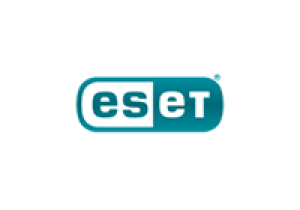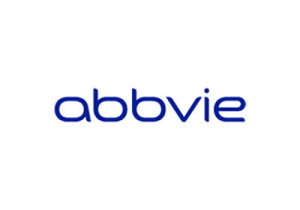What is slowing down the onset of artificial intelligence in healthcare today?
Artificial intelligence in healthcare has the potential to bring revolutionary changes similar to the invention of the steam engine for industry in the late 19th century. Healthcare benefits include effective prevention, shorter waiting times for treatment, personalized, more effective and shorter treatment, lower costs. However, factors such as the amount of data and access to it, the trust of physicians, the sophistication of algorithms, integration into medical information systems, legislation, despite many benefits, slow down the wider use of artificial intelligence in healthcare. How can science and innovation contribute to improvement?
Sign in to ITAPA Health&Care 2025
Martin Kavec
Martin Kavec graduated from the Faculty of Electrical Engineering and Informatics in 1995 in the field of Medical Devices. He obtained the title of Doctor of Philosophy (PhD) after 5 years of study in Finland, where he studied the influence of pathophysiological mechanisms in acute cerebral hypoperfusion and ischemia on magnetic resonance imaging. From 2004 to 2006 he worked at the Department of Magnetic Resonance Imaging at Erasmus University Hospital in Brussels, where he designed and implemented in clinical practice innovative solutions using magnetic resonance imaging, which, among other things, improved navigation accuracy during brain surgery, automatic brain atrophy measurement, brain tumor volume measurement and their very sensi…
See more info about the speaker






















